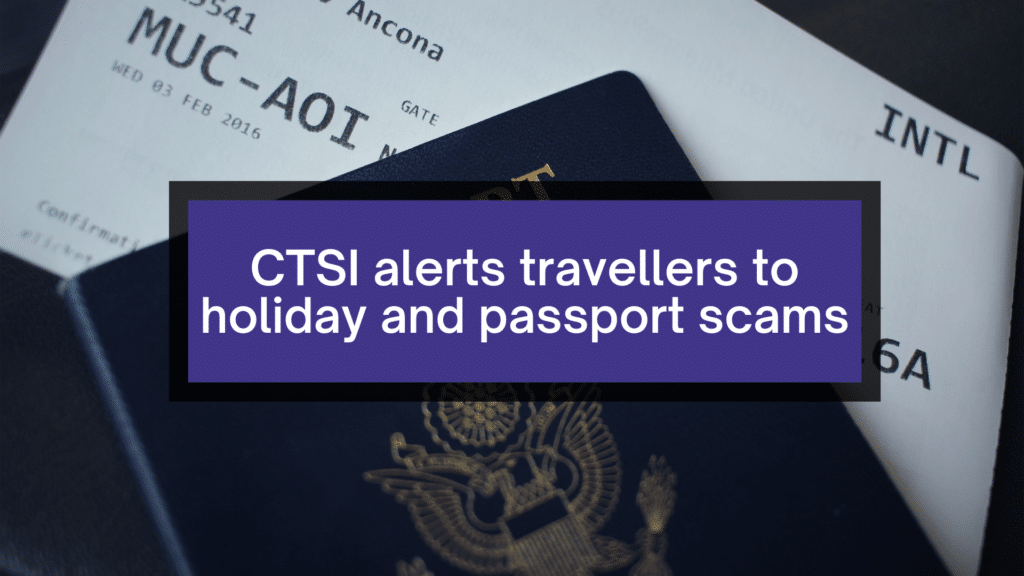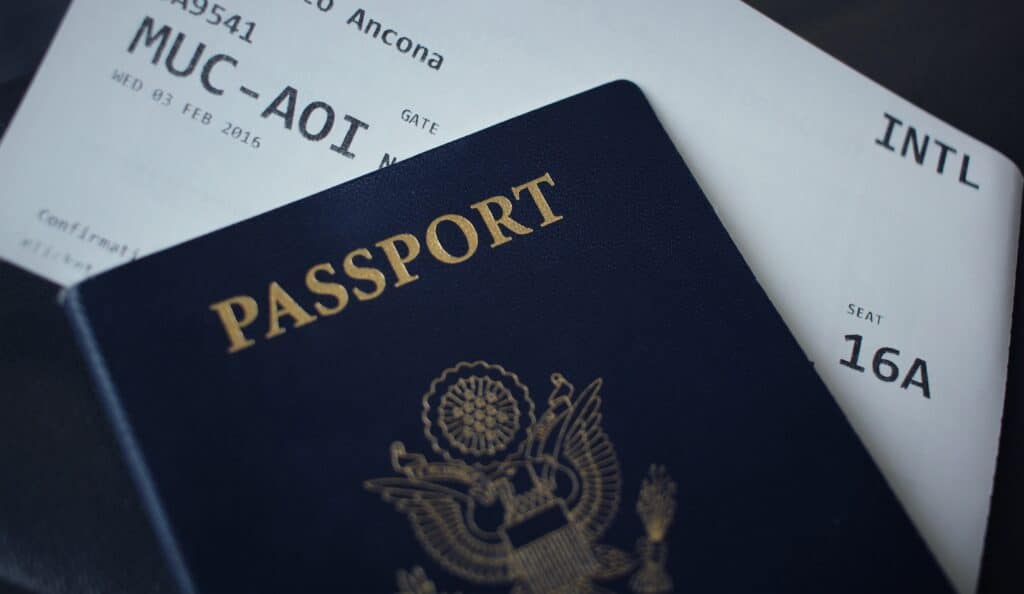The Chartered Trading Standards Institute (CTSI) has warned travellers to be vigilant against holiday and passport scams.

The CTSI has alerted travellers and holidaymakers regarding increasingly sophisticated and convincing scamming methods.
Scammers have traditionally targeted travellers booking accommodation, but have broadened their operation to take advantage of industrial action by UK Passport Office workers.
The CTSI has warned customers to carry out checks before booking trips. It has also offered advice on how to avoid falling foul of these scams.
Holiday and passport scams – increasingly sophisticated

Online scams are not a novelty – they have been prevalent since the advent of the World Wide Web. But the CTSI warns that these scams are becoming increasingly sophisticated.
They have highlighted fraudulent phone calls, text messages, and emails sent to potential victims as a method of scamming.
In addition to such correspondence, scammers have begun to create social media adverts and online listings for non-existent properties. These listings will include alluring photographs and enticing prices.
Furthermore, scammers tend to ask for payment via bank transfer as this method is difficult for authorities to trace.
Scammers also intend to take advantage of industrial action by UK Passport Office employees. These scams offer fast-tracked passport renewals and lead to the loss of victims’ personal data on top of their money.
The CTSI stance – lamenting pragmatism and endorsing research

CTSI chief executive John Herriman laments scammers’ pragmatism, saying that they are always “quick to leap on any opportunity to take advantage of uncertainty and upheaval”. That this coincides with an upshot in business in the travel industry is no surprise.
He added, “People work hard and save all year round for their holidays – scammers know this, but they don’t care. We can all fight back, though, by being alert, by following a few simple guidelines, and spreading the word about the harm these scams can cause.”
CTSI lead officer Katherine Hart was also quick to offer ways of combatting these holiday and passport scams.
Hart said, “As with any purchase, do your research, only shop with reputable companies, and make sure you are 100% sure who you are dealing with and what you are getting before you part with any money.”
Avoid falling foul of holiday and passport scams – what you can do

Along with this warning, the CTSI has also issued advice to the public when booking trips.
Customers are advised to check website URLs and security credentials and to contact property owners before booking. You should also practice due diligence, including researching independent reviews of properties and websites.
Above all, CTSI urges customers to pay using protected payment methods such as credit cards, debit cards, or PayPal.

